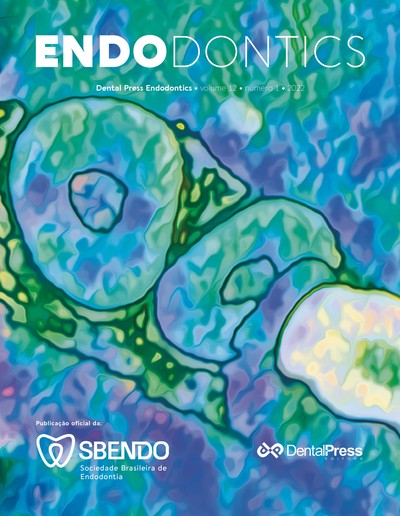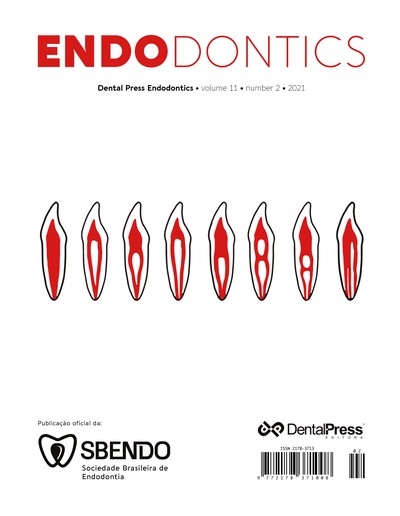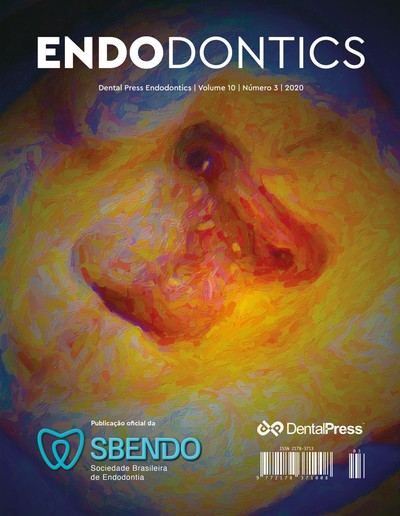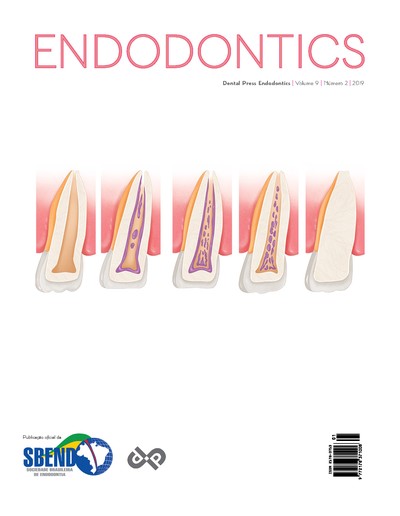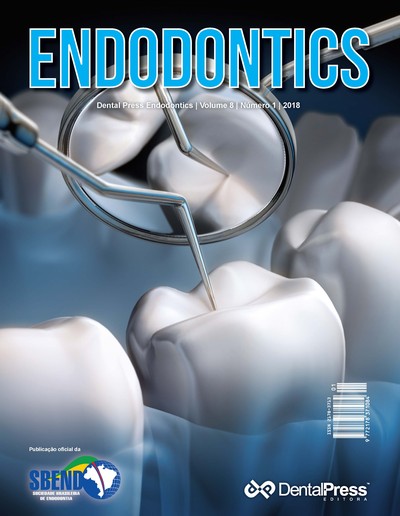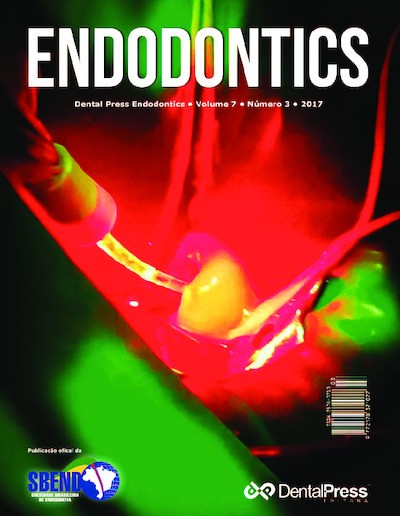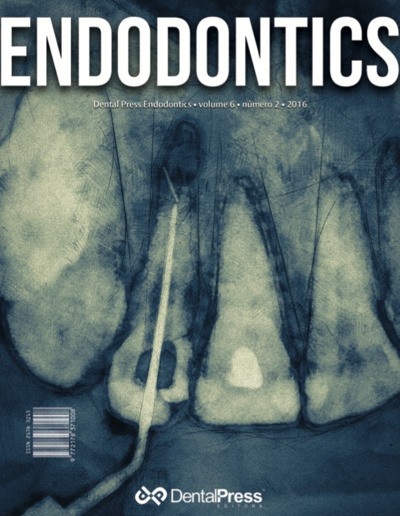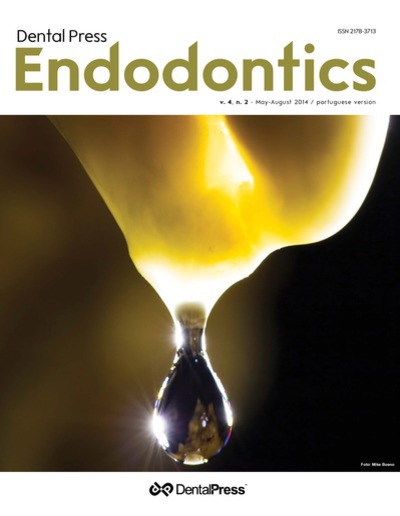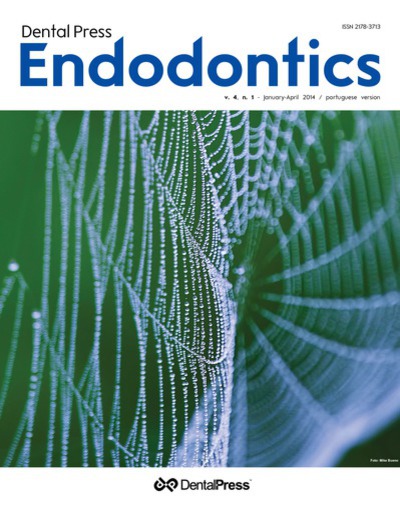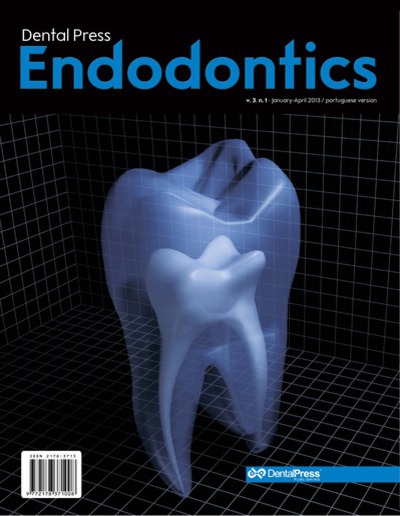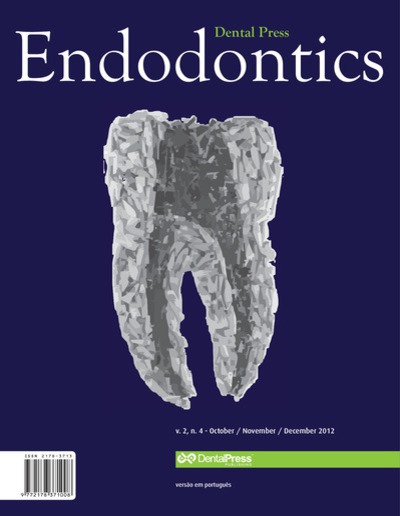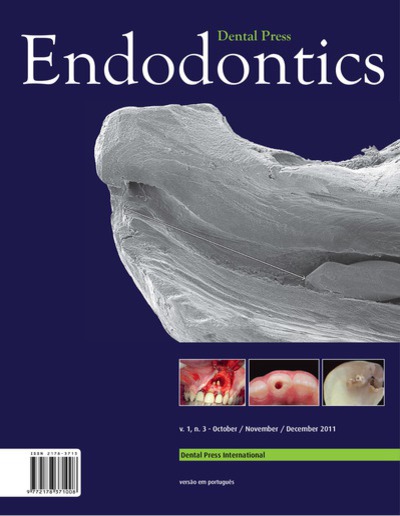
Pulp revascularization: a literature review
Jefferson Marion, Ana Cláudia Razente, Márcia E. B. Franzoni Arruda, Lauro Nakashima, Carlos Alberto Herrero de Morais
Permanent teeth with incomplete root formation are one of the greatest challenges of endodontic practice. These teeth need a type of treatment that is different from conventional endodontic therapy. The most common causes of incomplete root formation are: dental trauma and deep tooth cavity, both of which may lead to pulp necrosis. Teeth with incomplete root formation and pulp necrosis were usually treated by apexification. In other words, treatment comprised multiple sessions to replace calcium hydroxide-based root canal dressing and the fabrication of a MTA apical plug to create an apical barrier. Nevertheless, with this method, root dentin walls are thin and fragile. Thus, revascularization becomes a new treatment option that aims at promoting the completion of root formation, with invagination of a new connective tissue in the inner space of the pulp cavity. This study conducts a literature review comparing some case reports that focus on pulp revascularization in immature permanent teeth with pulp necrosis. Based on this review, it is reasonable to conclude that pulp revascularization is a feasible method for root maturation with thickening and, as a consequence, strengthening of young permanent teeth root walls.
Keywords: Pulp revascularization. Apexification. Blood coagulum
How to cite: Marion J, Razente AC, Arruda MEBF, Nakashima L, Morais CAH. Pulp revascularization: literature review. Dental Press Endod. 2013 Sept-Dec;3(3):55-61.
Wednesday, February 05, 2025 05:50
